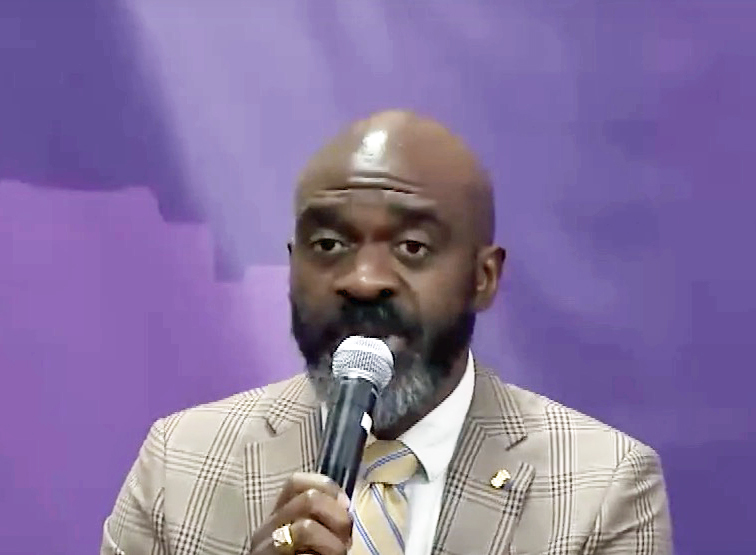BY PAUL SCHINDLER
“I want you to use my words against me. If there’s a Republican president in 2016 and a vacancy occurs in the last year of the first term, you can say Lindsey Graham said let’s let the next president, whoever it might be, make that nomination.”
Graham, the South Carolina Republican who himself is up for reelection in November, made these remarks in March 2016, the day that President Barack Obama nominated Judge Merrick Garland, who sits on the federal Court of Appeals for the District of Columbia Circuit, to replace the late Antonin Scalia, who died suddenly the month before.
Graham was voicing support for the decision that Senate Majority Leader Mitch McConnell of Kentucky had already announced — that Garland would get no Senate vote or even Judiciary Committee consideration because Obama was in his final year as president and the voters nearly eight months later should decide the president who names Scalia’s replacement.
Now, in the wake of Justice Ruth Bader Ginsburg’s death, Graham, who chairs the Judiciary Committee, has reversed course, pledging to move — “without delay” — a nominee Trump is expected to name by week’s end to allow for a vote prior to the November 3 election.
So we’re here to use Graham’s words against him.

Graham and McConnell’s vow to confirm Trump’s pick is nothing short of a hypocritical and naked power grab. Four years ago, McConnell stressed that an election year vote on a Supreme Court nominee was inappropriate. Now, he has qualified that condition — approving a nominee is inappropriate only when the president and the Senate majority are from different parties. Voters, he contends, gave Republicans a majority going into 2016 to block an Obama appointee, but gave them a majority again going into 2020 to approve a Trump nominee.
McConnell is making up the rules as he goes along — and is doing damage to Senate institutional norms along the way.
In polls over this past weekend, more than 60 percent of Americans — including about half of all Republicans — said the next president, either Trump or Democrat Joe Biden, should choose Ginsburg’s success. With Biden showing a consistent polling advantage over Trump, Republicans fear they will lose the chance to name another Supreme Court justice — this after robbing Obama of his right to name one four years ago.
There are 53 Senate Republicans. Susan Collins of Maine, who faces a tough reelection vote in November, and Lisa Murkowski of Alaska have announced they oppose any vote on a Trump nominee prior to November 3. Iowa’s Chuck Grassley, who was chair of the Judiciary Committee in 2016 when Garland was denied a hearing, said in July regarding the prospect that Ginsburg’s seat might become vacant, “If I were chairman of the committee and this vacancy occurred, I would not have a hearing on it because that’s what I promised the people in 2016.”
Grassley must not go back on his word, but even if he stays true to it, the GOP would still have 50 members plus tie-breaker Mike Pence to move forward.
This cannot happen.
Voters should put particular pressure on Republican senators who themselves face the voters on November 3: including Cory Gardner of Colorado, Martha McSally of Arizona, Thom Tillis of North Carolina, Steve Daines of Montana, Jodi Ernst of Iowa, and Ben Sasse of Nebraska. There are others, too.
Trump’s presidency has time and again broken down norms vital to the institutional stability that has held the republic together for more than two centuries. The Senate Republicans have backed him consistently with their votes and looked the other way when he’s taken outrageous executive action.
This time, at least four Republican senators need to be willing to stand up to this president and say, “Enough is enough.”



































